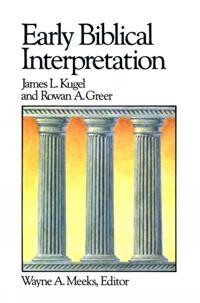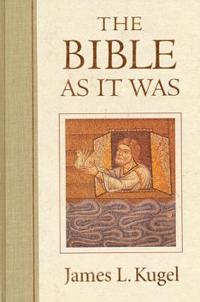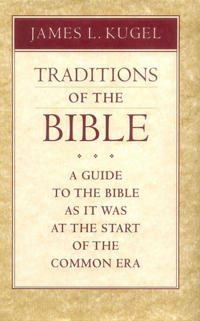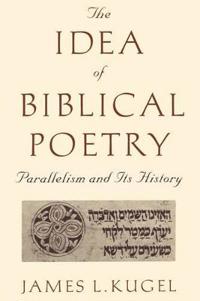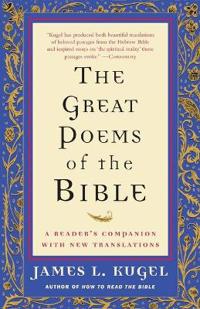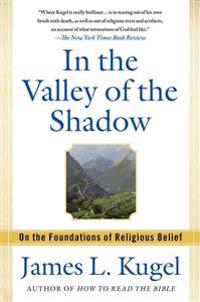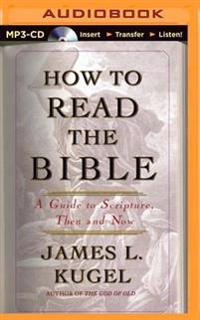Early Biblical Interpretations (Häftad)
avJames L. Kugel, Rowan Greer
ISBN: 9780664250133 - UTGIVEN: 1988-03This highly accessible book discusses how the early Jewish and Christian communities went about interpreting Scripture.The Library of Early Christianity is a series of eight outstanding books exploring the Jewish and Greco-Roman contexts in which the New Testament developed.[...]
The Bible as it Was (Häftad)
avJames L. Kugel
ISBN: 9780674069411 - UTGIVEN: 1999-11This is a guide to the Hebrew Bible. Leading the reader chapter by chapter through its most important stories from the "Creation" and the "Tree of Knowledge" through the "Exodus from Egypt" and the "Journey to the Promised Land", James Kugel shows how a group of anonymous, ancient interpreters radic[...]
Traditions of the Bible (Inbunden)
avJames L. Kugel
ISBN: 9780674791510 - UTGIVEN: 1999-01Focusing on two dozen core stories in the Pentateuch - from the Creation and Tree of Knowledge through the Exodus from Egypt and journey to the Promised Land - James Kugel shows us how the earliest interpreters of the scriptures radically transformed the Bible and made it into the book that has come[...]
The Idea of Biblical Poetry (Pocket)
avJames L. Kugel
ISBN: 9780801859441 - UTGIVEN: 1998-06Is there poetry in the Bible? Does it have rhyme or meter? How did ancient Hebrew writers compose their works? James Kugel's provocative study provides surprising new answers to these age-old questions. Biblical "poetry" is not a concept native to the Bible itself, he proposes, and the idea that the[...]
In the Valley of the Shadow: On the Foundations of Religious Belief (and Their Connection to a Certain, Fleeting State of Mind) (Häftad)
avJames L. Kugel
ISBN: 9781439130100 - UTGIVEN: 2011-11Ten years ago, when Harvard professor James Kugel was diagnosed with an aggressive, likely fatal, form of cancer, "I was, of course, disturbed and worried. But the main change in my state of mind was that . . . the background music had suddenly stopped. . . . the music of daily life that's constantl[...]
How to Read the Bible: A Guide to Scripture, Then and Now (Övrigt)
avJames L. Kugel
ISBN: 9781501221309 - UTGIVEN: 2015-02In "How to Read the Bible," Harvard professor James Kugel leads the listener through the "quiet revolution" of recent biblical scholarship, showing how radically the interpretations of today's researchers differ from what people have always thought. The story of Adam and Eve, it turns out, was not o[...]

